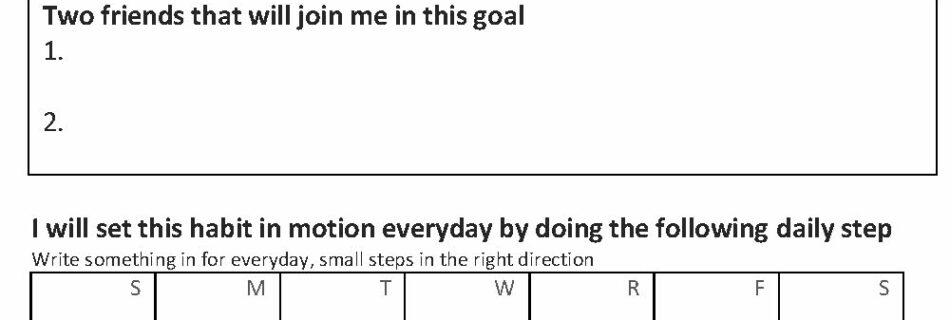Why Don’t People Go To Therapy
Why don’t people go to therapy? We go to the dentist every six months for cleanings and check-ups. We go to the doctor when we are sick. We get our hair cut or our nails done as needed, or as desired to feel and look our best. We get a massage or go to the …





